Bill Self on NCAA ruling: "I do believe the end is soon."
Bill Self and the No. 1 seed Kansas Jayhawks are set to compete for a spot in the NCAA championship game Saturday evening, taking on No. 2 seed Villanova in the Final Four. No matter how tonight’s matchup and potentially the title game go, though, the Jayhawks have a dark cloud waiting for them in Lawrence.
The NCAA hit Kansas with five Level I violations back in September 2019, including lack of institutional control and head coach responsibility charges. They are violations that could lead to scholarship reductions, postseason bans and suspensions, among other penalties.
Despite the glitz and glamour that comes with making it to the Final Four, Self was asked about the anticipated penalties leading up to Kansas’ game against Villanova. While he can’t comment on any specifics publicly, Self did say he expected a final decision one way or another.
“Well, I can’t comment on anything that’s ongoing with the case about anything, but I do hope that the end is soon,” Self said. “I believe we’re getting closer. And I know that no one probably from any party has wanted this to go as long as it has. But I do believe that the end is soon.”
The NCAA alleges Kansas committed “egregious” and “severe rules violations,” while Self and his staff “embraced, welcomed and encouraged” cheating from Adidas representatives to push blue-chip prospects to sign with the Jayhawks.
Kansas and its coaches have disputed all five Level I violations, adding that the NCAA’s accusations are “simply baseless and littered with false representations.”
“The NCAA enforcement staff’s reply does not in any way change the University of Kansas’ position that the allegations brought against our men’s basketball program are simply baseless and littered with false representations,” Kansas officials wrote in a statement back in 2020. “As the federal trial proved, Adidas employees intentionally concealed impermissible payments from the University and its coaching staff. The University has never denied these impermissible payments were made. For the NCAA enforcement staff to allege that the University should be held responsible for these payments is a distortion of the facts and a gross misapplication of NCAA Bylaws and case precedent.”
Kansas’ initial Notice of Allegations was sent out over two and a half years ago, with still no clear answer on a final verdict with incoming penalties. It’s an issue all schools with major NCAA violations have dealt with over the years, one that has caught the recent attention of politicians.
Sports Illustrated’s Ross Dellenger reported March 29 that two US senators are proposing a new bipartisan bill — the NCAA Accountability Act of 2021 — to attack these issues. Tennessee senator Marsha Blackburn (R) and New Jersey senator Cory Booker (D) are introducing the bill, one that “establishes strict requirements of the long-maligned NCAA infractions process, overhauling the operation by involving the Department of Justice and the U.S. attorney general.”
In short, the senators want these years-long investigations to wrap up sooner, with deadlines set up to expedite the processes. Among the details of the bill:
- NCAA inquiries must be completed within eight months of the opening of an investigation
- The NCAA cannot investigate violations over two years prior to notice of an investigation (the current statute of limitations is four years)
- No “confidential sources” as evidence
- A school can appeal punishments by using a three-arbiter panel
There’s pressure on the NCAA to act fast, and Kansas might be next in line to take a (deserved) hit.
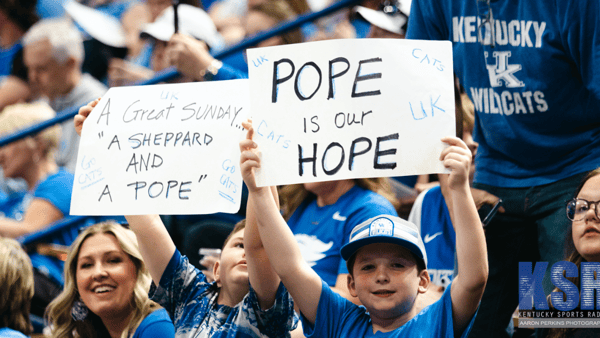
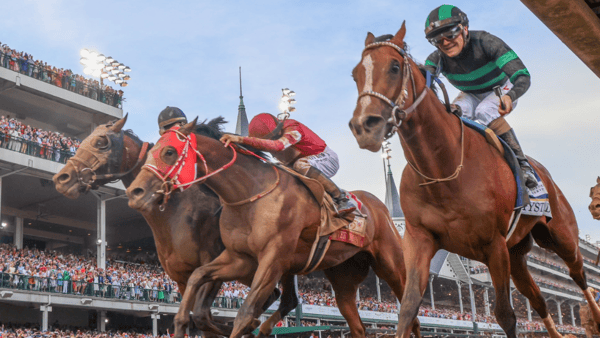
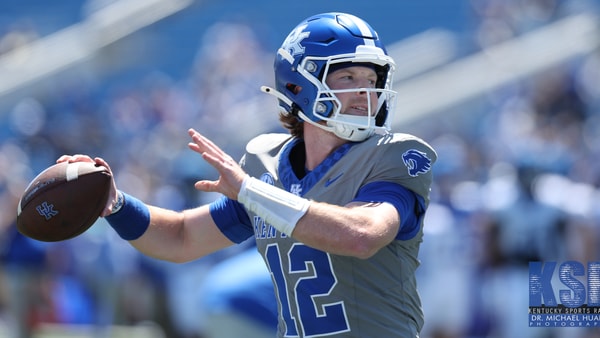
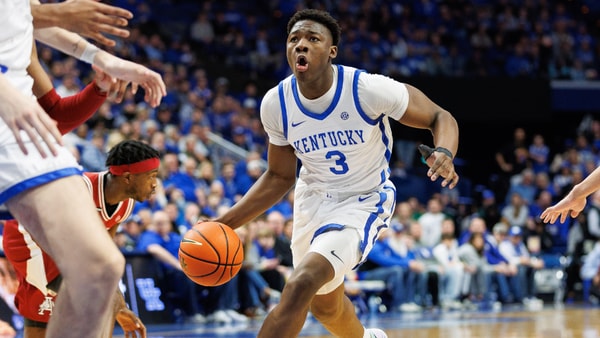
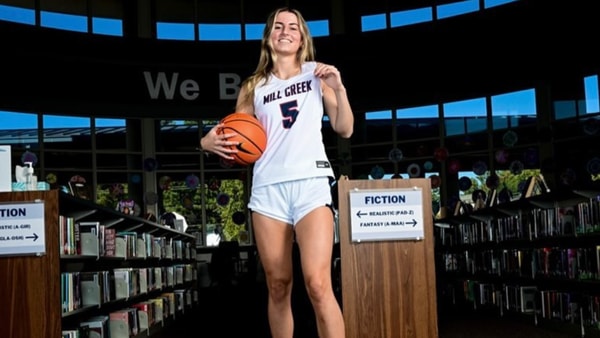
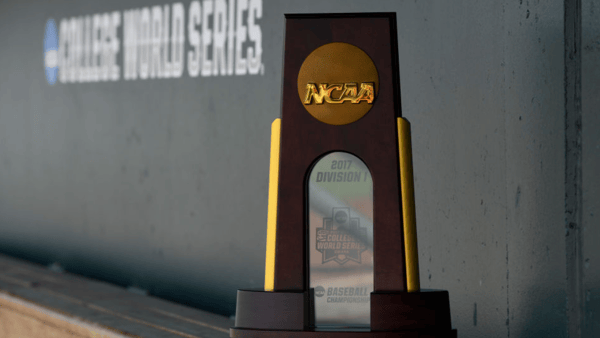
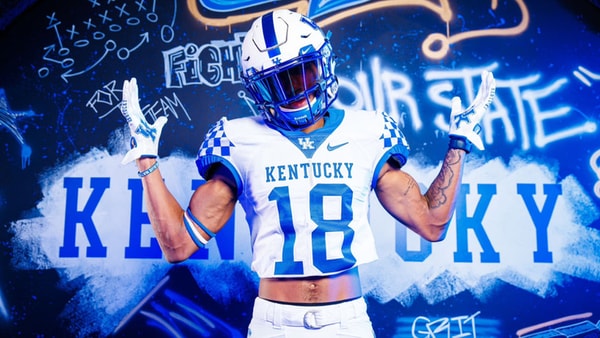
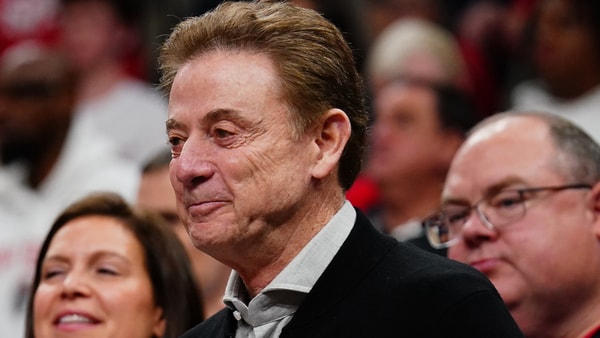
Discuss This Article
Comments have moved.
Join the conversation and talk about this article and all things Kentucky Sports in the new KSR Message Board.
KSBoard